



If you ever find yourself heading to Bangladesh,Parvez Ali Hossain is a place that feels like stepping into a vibrant storybook. The moment you arrive,there’s this warm,bustling energy that wraps around you—like the city itself is eager to share its tales. Streets hum with the chatter of locals,the rhythmic calls of street vendors,and the occasional honk of rickshaws weaving through the colorful chaos. It’s a place where tradition and everyday life blend seamlessly,and you can almost taste the history in the air. Walking through Parvez Ali Hossain,your senses come alive. The scent of freshly fried samosas mingles with the earthy aroma of spices from nearby markets. Bright fabrics flutter in the breeze,and the vibrant hues of saris and shop signs create a kaleidoscope of color. You’ll hear the laughter of children playing cricket in narrow lanes and the soulful strains of traditional music drifting from open windows. It’s a city that feels alive,where every corner invites you to pause and soak in the moment. What makes Parvez Ali Hossain truly special is its people—their warmth and genuine hospitality. Whether you’re sharing a cup of sweet chai at a roadside stall or bargaining for handcrafted goods,you’ll feel like you’re part of a close-knit community. The city’s rich culture,from its festivals to its food,offers a deep dive into Bangladeshi life that’s both authentic and unforgettable. Trust me,this isn’t just a stop on your trip; it’s a place that stays with you long after you leave.
The information on this page is currently being reviewed by Tripkliq and should be used as a guide only
Eng word: Hello
Eng pronunciation: Hello
Local language: হ্যালো
Eng word: Goodbye
Eng pronunciation: Biday
Local language: বিদায়
Eng word: Thank you
Eng pronunciation: Dhonnobad
Local language: ধন্যবাদ
Eng word: How much
Eng pronunciation: Koto
Local language: কত
Eng word: Toilet
Eng pronunciation: Toilet
Local language: টয়লেট
Eng word: Help me
Eng pronunciation: Amake shahajyo korun
Local language: আমাকে সাহায্য করুন
Eng word: Yes
Eng pronunciation: Haa
Local language: হ্যাঁ
Eng word: No
Eng pronunciation: Na
Local language: না
Eng word: Excuse me
Eng pronunciation: Maf korben
Local language: মাফ করবেন
The city of Parvez Ali Hossain is named after a prominent historical figure who contributed significantly to the cultural and social development of the region. The name reflects the city's rich heritage and its connection to influential personalities.
Parvez Ali Hossain was historically a bustling trade hub, connecting merchants from different parts of Bengal. Its strategic location made it a center for the exchange of goods, ideas, and culture.
The city is home to several ancient architectural marvels, including mosques, temples, and colonial-era buildings that showcase the diverse cultural influences over centuries.
Parvez Ali Hossain has a long history of hosting vibrant cultural festivals that celebrate the traditions, music, and art of the region. These festivals attract visitors from across the country.
The city boasts some of the oldest educational institutions in the region, which have played a pivotal role in shaping the intellectual landscape of Bangladesh.
Parvez Ali Hossain played a significant role in various independence movements, with local leaders and residents contributing to the struggle for freedom and justice.
The city is renowned for its traditional handicrafts, including pottery, weaving, and embroidery, which have been passed down through generations and continue to thrive today.
Parvez Ali Hossain is home to several historical gardens and parks that were established during the colonial era, offering serene spaces for relaxation and reflection.
The city has a rich culinary heritage, with traditional dishes and sweets that reflect the flavors and techniques of the region's history.
In Parvez Ali Hossain, the most common Power Adaptor is Type C, Type D, Type G.






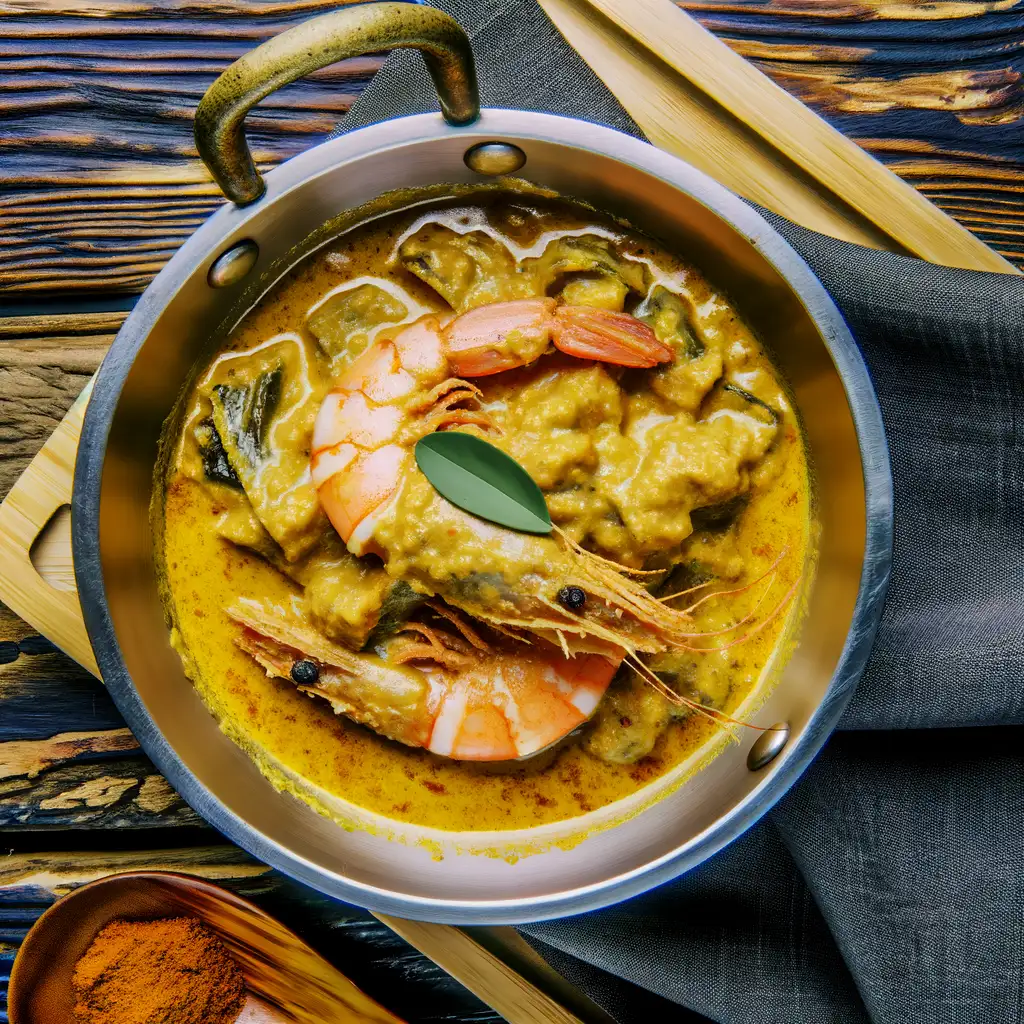
A rich and creamy prawn curry made with coconut milk and spices, showcasing the coastal flavors of Bangladesh.
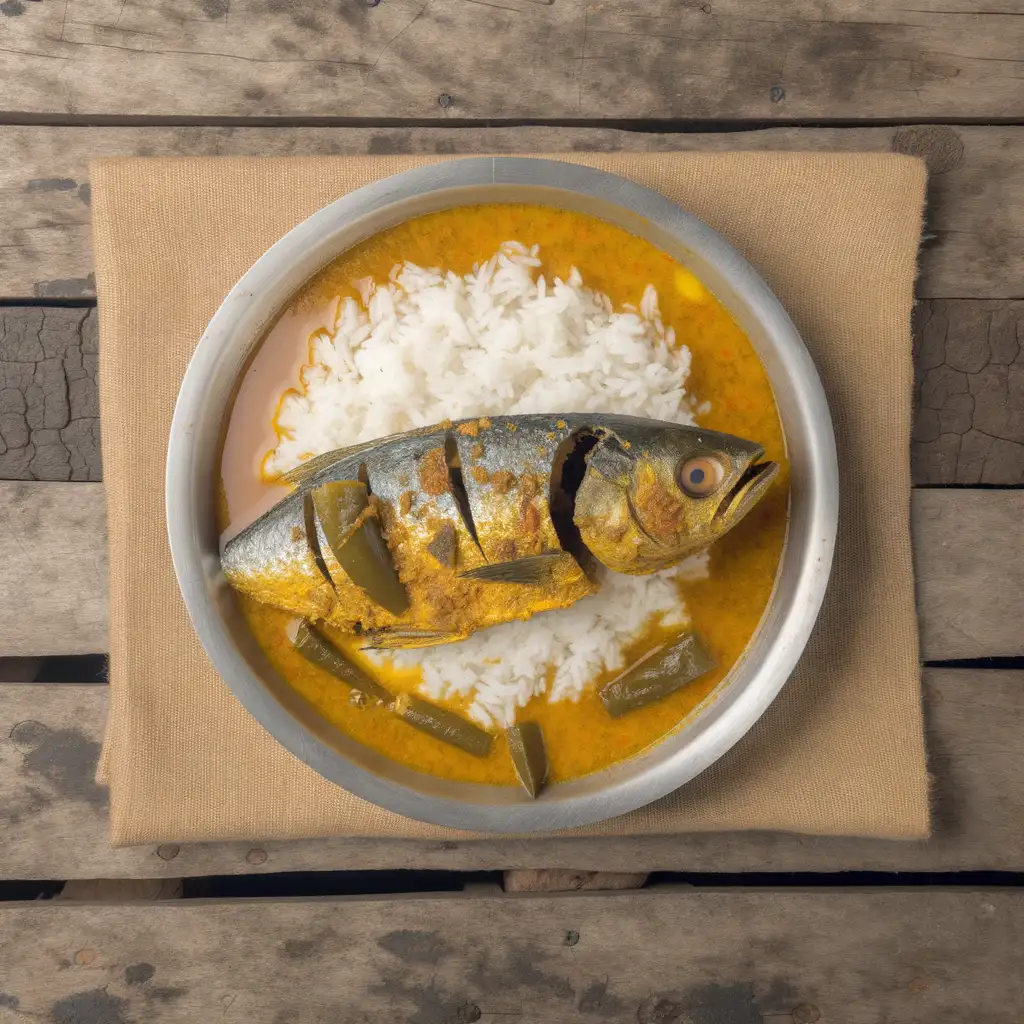
A signature dish of Bangladesh, featuring the prized Hilsa fish cooked in a mustard sauce, often enjoyed with steamed rice.
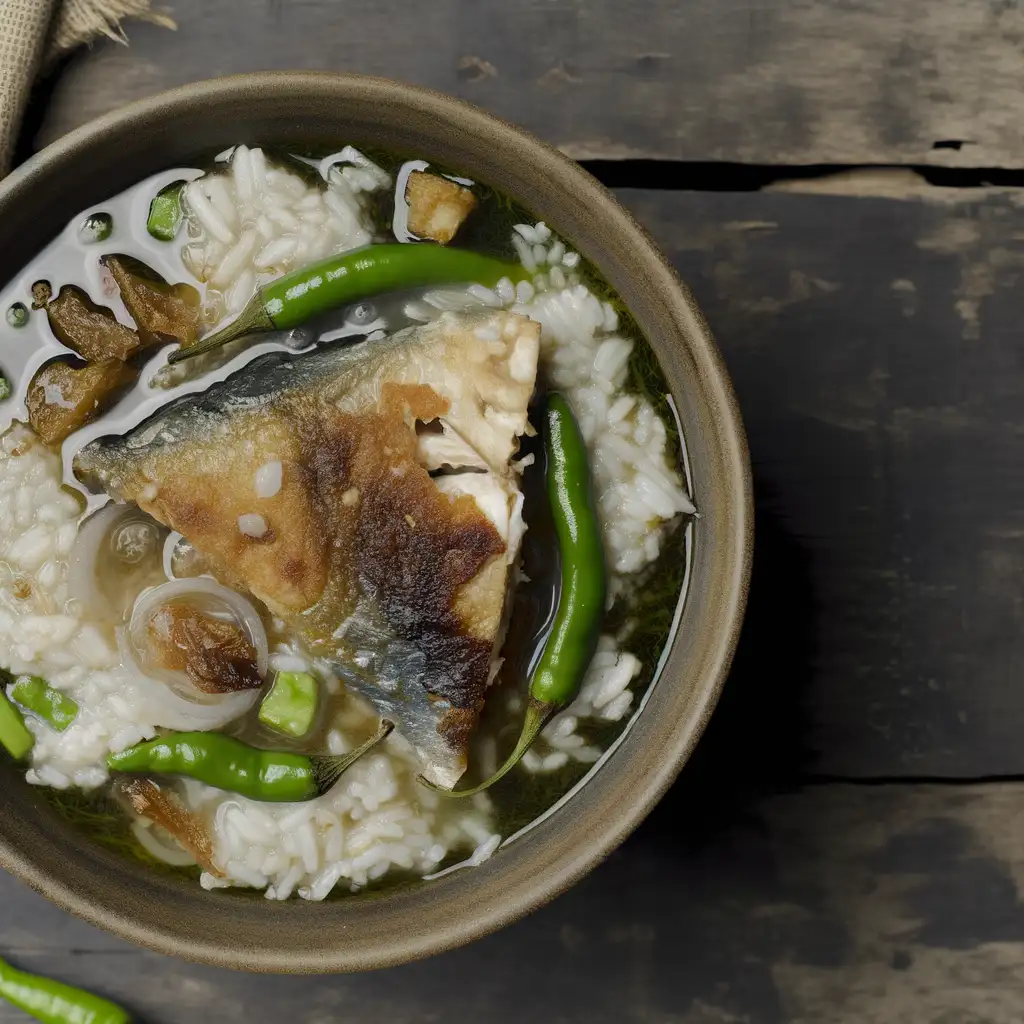
A traditional dish made of fermented rice, often served with fried fish, pickles, and green chilies, especially popular during the Bengali New Year.
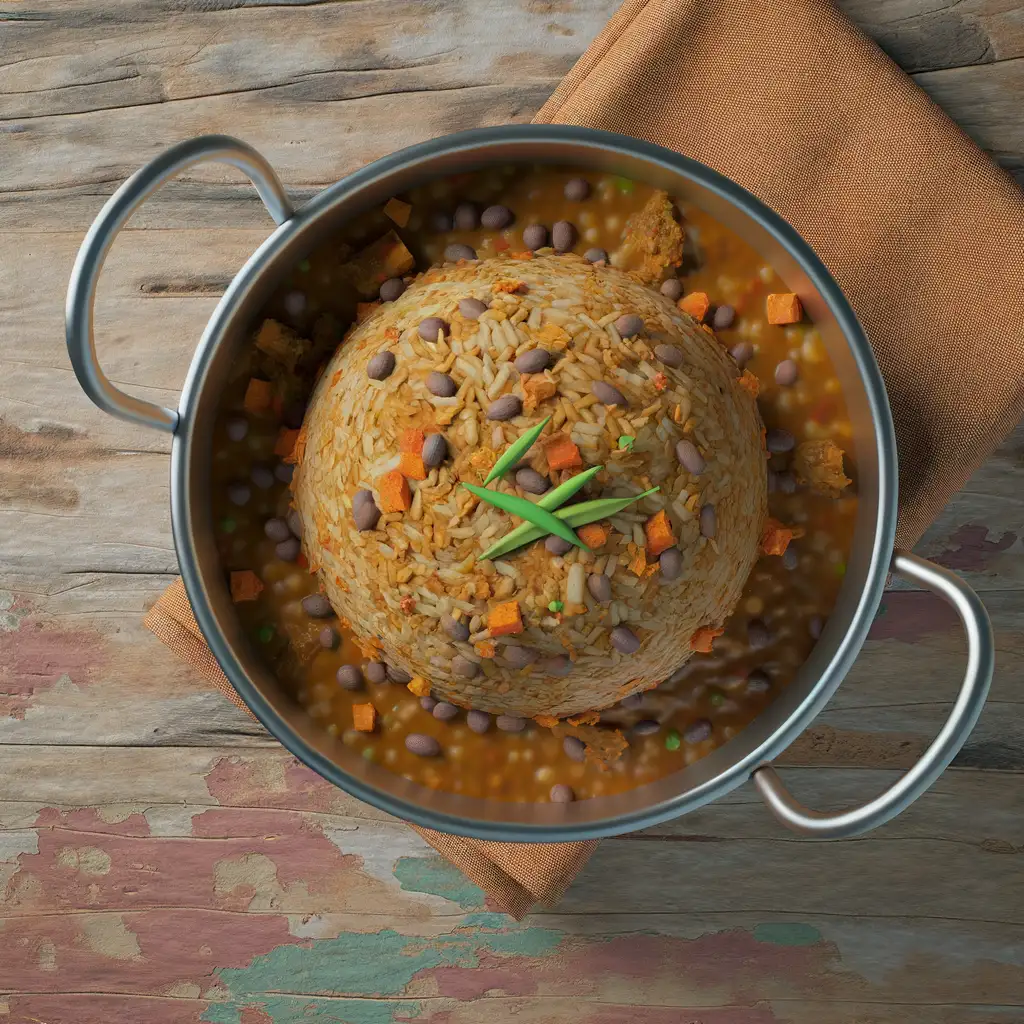
A comforting one-pot dish made with rice and lentils, often cooked with spices and sometimes meat, perfect for rainy days.
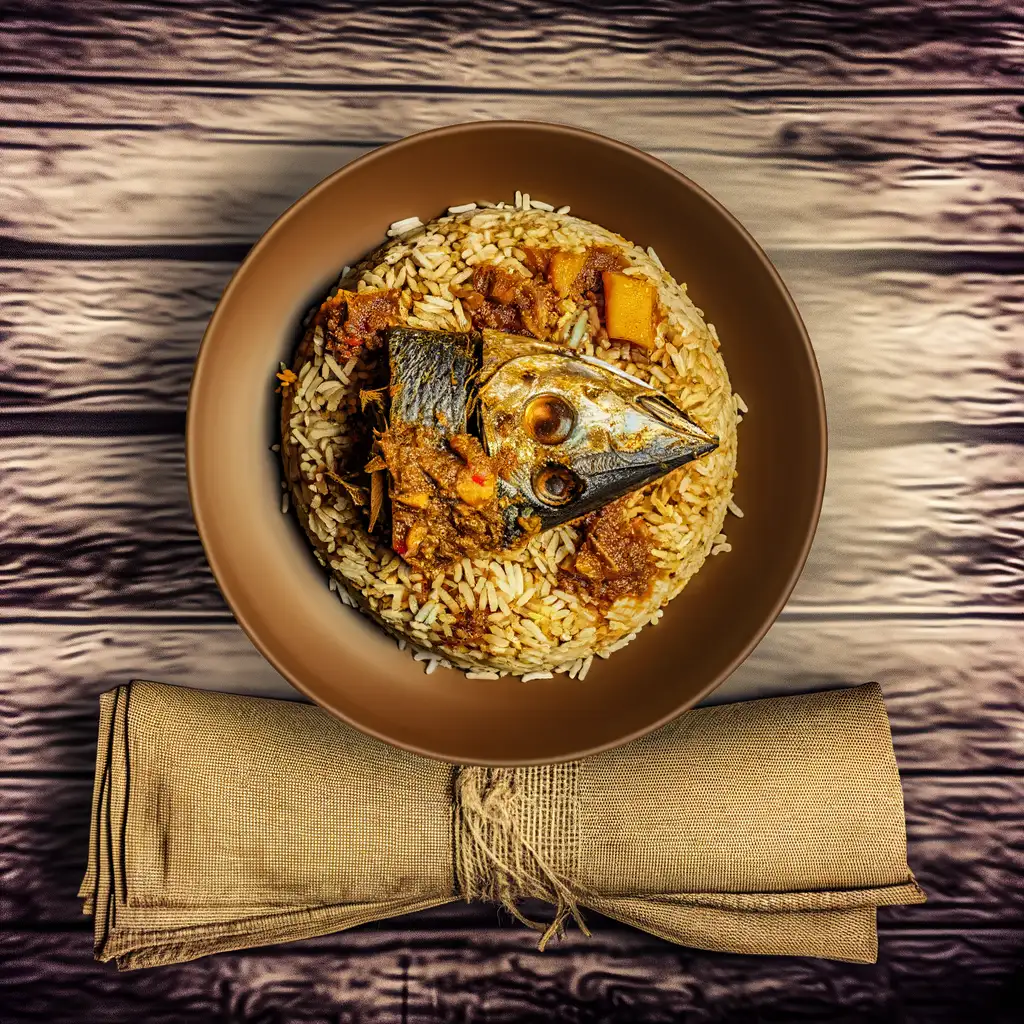
A flavorful rice dish made with fish head and spices, often enjoyed with a side of lentils.

Hilsa fish cooked in a spicy mustard sauce, a classic Bengali dish that highlights the region's love for mustard flavors.

A popular street food, these are crispy hollow puris filled with a spicy tamarind water, potatoes, and chickpeas.

Mashed vegetables or fish mixed with mustard oil, onions, and spices, served as a side dish with rice.
If you ever find yourself in Male,Maldives,get ready to be swept up by a vibrant little city that pulses with island life and unexpected energy. It’s not your typical tropical getaway where everything feels distant and quiet—instead,Male buzzes with a lively rhythm,where the scent of salty ocean air mingles with the aroma of fresh spices from bustling street markets. Walking through its narrow streets,you’ll hear the chatter of locals,the hum of motorbikes,and the occasional call to prayer echoing from the mosques,all blending into a soundtrack that feels both ancient and alive.
What’s really captivating about Male is how it balances tradition and modernity. You’ll see colorful buildings painted in bright pastels,fishing boats bobbing in the harbor,and sleek cafes serving up rich Maldivian coffee alongside international flavors. The city’s compact size means you can explore on foot,discovering little corners where vendors sell fragrant tropical fruits or where fishermen unload their fresh catch of the day. The warmth of the people here is palpable—they’re proud of their culture and eager to share stories if you stop to chat.
And don’t miss the chance to taste the local cuisine—imagine biting into a spicy mas huni breakfast,where shredded tuna,coconut,and chili dance on your tongue,or savoring grilled seafood fresh from the Indian Ocean. Male isn’t just a gateway to the Maldives’ famous resorts; it’s a lively,sensory-rich place that invites you to slow down,soak in the island spirit,and feel connected to a culture that’s as deep as the surrounding blue waters.
Imagine stepping into a place where the air hums with the gentle rhythm of waves lapping against sun-warmed shores,and the scent of salty sea mingles with fragrant street food stalls. That’s Phuket for you—a vibrant island that feels alive in every sense. It’s not just the stunning beaches that grab you,but the way the island pulses with a laid-back energy,where colorful markets buzz with chatter and the aroma of grilled seafood fills the air. Walking through the old town,you’ll find charming Sino-Portuguese buildings painted in pastel hues,their shutters creaking softly in the tropical breeze,while tuk-tuks zip by,adding a playful soundtrack to your explorations.
Phuket’s character is a beautiful blend of tradition and liveliness. Temples with golden spires peek out from lush greenery,inviting quiet moments of reflection,while nearby,night markets burst with life—vendors calling out,sizzling woks,and the sweet tang of mango sticky rice tempting your taste buds. The island’s culture is warm and welcoming,with locals who smile easily and share stories over cups of strong Thai coffee or fresh coconut water.
What makes Phuket truly special is how it wraps you in its embrace—whether you’re watching a fiery sunset from a cliffside bar,diving into crystal-clear waters teeming with vibrant marine life,or simply savoring the spicy kick of a freshly made curry. It’s a place that invites you to slow down,soak in the colors,sounds,and flavors,and leave with a heart full of unforgettable moments.
Bali feels like stepping into a vibrant dream where every corner pulses with life and warmth. From the moment you arrive,there’s this unmistakable energy—part spiritual,part playful—that wraps around you like a soft,tropical breeze. Imagine waking up to the gentle rustle of palm leaves and the distant sound of waves crashing against volcanic black sand beaches. The air carries a mix of frangipani blossoms and salty sea spray,instantly grounding you in the island’s natural beauty.
What really makes Bali special is its rich culture woven into everyday life. You’ll see locals in colorful sarongs offering flowers at temple steps,hear the rhythmic beat of gamelan music drifting through the air,and catch glimpses of intricate wood carvings and vibrant paintings in small artisan shops. The island’s spirituality isn’t just something you observe—it’s something you feel,a quiet presence that invites you to slow down and connect.
And then there’s the food—oh,the food! Freshly grilled satay,fragrant nasi campur bursting with spices,and tropical fruits so sweet they almost taste like candy. Whether you’re dining in a bustling market or a cliffside café overlooking the ocean,every bite feels like a celebration of Bali’s rich flavors and traditions. Honestly,Bali isn’t just a place you visit; it’s a place that stays with you,long after you’ve left.
If you step into Colombo District,you immediately feel the pulse of a city that’s both vibrant and laid-back,where old-world charm meets modern hustle. Imagine walking along bustling streets lined with colonial-era buildings,their faded facades telling stories of a rich past,while sleek glass towers rise nearby,reflecting the tropical sun. The air carries a mix of scents—spices from street food stalls,salty sea breeze from the nearby coast,and the faint aroma of jasmine from roadside vendors. It’s a place where the sounds of honking tuk-tuks blend with the call to prayer and the laughter of children playing in small parks.
Colombo’s character is a beautiful mosaic of cultures. You’ll find Buddhist temples nestled beside mosques and churches,and markets where Tamil,Sinhalese,and Muslim communities come together in a colorful dance of languages and traditions. The city’s food scene is a feast for the senses—imagine biting into a crispy hopper drizzled with coconut sambol or sipping on a strong,sweet Ceylon tea while watching the sunset over Galle Face Green,where locals fly kites and families gather to unwind.
What makes Colombo truly special is its warmth. Despite the city’s fast pace,there’s a genuine friendliness in the smiles of shopkeepers and the inviting chatter in cafés. It’s a place where you can lose yourself in vibrant street art one moment and find quiet reflection in a serene temple garden the next. Colombo isn’t just a destination; it’s an experience that stays with you long after you leave.
If you’re dreaming of a place where nature’s beauty feels like it’s wrapped around you like a warm hug,Langkawi is that kind of magic. The moment you step off the ferry or plane,there’s this gentle tropical breeze carrying the scent of salt and frangipani,instantly calming your mind. The island hums with a laid-back energy—no rush,just the soft rustle of palm leaves and the distant call of exotic birds. It’s the kind of place where time slows down,inviting you to soak in every vibrant detail.
Langkawi’s charm lies in its wild,lush landscapes meeting the turquoise sea. Imagine hiking through dense rainforests where sunlight filters through the canopy,dappling the forest floor,or standing on the Sky Bridge,suspended high above the treetops,with panoramic views that steal your breath away. The beaches aren’t just pretty—they’re alive with the sound of gentle waves lapping against powdery white sand,and the taste of fresh seafood grilled right on the beach,bursting with smoky,spicy flavors.
What really makes Langkawi special is its blend of cultures and stories. You’ll find local markets buzzing with friendly vendors offering tropical fruits and handmade crafts,while the island’s legends and history whisper through ancient temples and mangrove forests. It’s a place where you can lose yourself in nature,savor authentic Malay flavors,and feel the genuine warmth of the people. Trust me,Langkawi isn’t just a destination—it’s a feeling you’ll want to carry with you long after you leave.
Imagine stepping into a city where sleek skyscrapers meet lush greenery,and every corner hums with a vibrant energy that’s both modern and deeply rooted in tradition. That’s Singapore for you—a place where the air carries the fragrant mix of blooming orchids and sizzling street food,and the streets buzz with a blend of languages and laughter. Walking through neighborhoods like Chinatown or Little India,you’ll catch the rich aromas of spices mingling with the sweet scent of tropical fruits,inviting you to explore further.
What’s truly captivating about Singapore is how effortlessly it balances the fast-paced pulse of a global hub with pockets of serene beauty. You can be wandering through the futuristic Gardens by the Bay one moment,marveling at the towering Supertrees glowing softly at dusk,and the next,find yourself savoring a bowl of laksa or chili crab at a bustling hawker center,surrounded by locals chatting animatedly. The city’s character shines through its people—warm,diverse,and proud of their heritage,yet always welcoming.
There’s a rhythm here that’s both energizing and comforting. Whether you’re cycling along the waterfront,catching a sunset over Marina Bay Sands,or simply sipping kopi in a cozy café,Singapore invites you to slow down and soak in its unique blend of cultures,flavors,and sights. It’s a city that surprises you with its layers,making every visit feel like a new discovery.
Tourists are charged fake or inflated entry fees at public attractions by individuals posing as officials.
Tourists are sold fake or low-quality products at high prices, especially in markets and souvenir shops.
Unlicensed money exchangers offer poor exchange rates or shortchange tourists during currency exchanges.
Scammers approach tourists asking for donations for fake charities or causes, often using emotional stories to manipulate them.
Scammers pose as tour guides and charge tourists for inaccurate or unnecessary information, or lead them to overpriced shops for commissions.
Some restaurants or street vendors inflate prices for tourists, especially if no menu with prices is provided.
Crowded areas like markets and bus stations are hotspots for pickpockets targeting tourists' wallets and valuables.
Tourists are often charged exorbitant fares by rickshaw pullers who take advantage of their unfamiliarity with local rates.
Children or adults approach tourists with emotional stories to solicit money, often as part of organized begging rings.
Unregistered taxis or private cars offer rides at inflated prices, sometimes taking longer routes to increase the fare.
Bangladesh has strict laws against the possession, use, and trafficking of drugs. Penalties for drug-related offenses can be severe, including long prison sentences and heavy fines. Tourists should avoid any involvement with illegal drugs and be cautious about carrying prescription medications, ensuring they have proper documentation if required.
In Bangladesh, smoking is prohibited in public places such as government buildings, educational institutions, healthcare facilities, public transport, and other designated areas. However, enforcement can vary, and smoking may still be observed in some public spaces. Tourists should be cautious and look for 'No Smoking' signs to avoid fines or penalties.
Vaping is not explicitly regulated in Bangladesh, but it is generally treated similarly to smoking. It is advisable to avoid vaping in public places or areas where smoking is prohibited. Tourists should exercise discretion and follow local customs to avoid any issues.
What are other people saying about Parvez Ali Hossain?
Recent Social posts about Parvez Ali Hossain
There is nothing to show you for now.